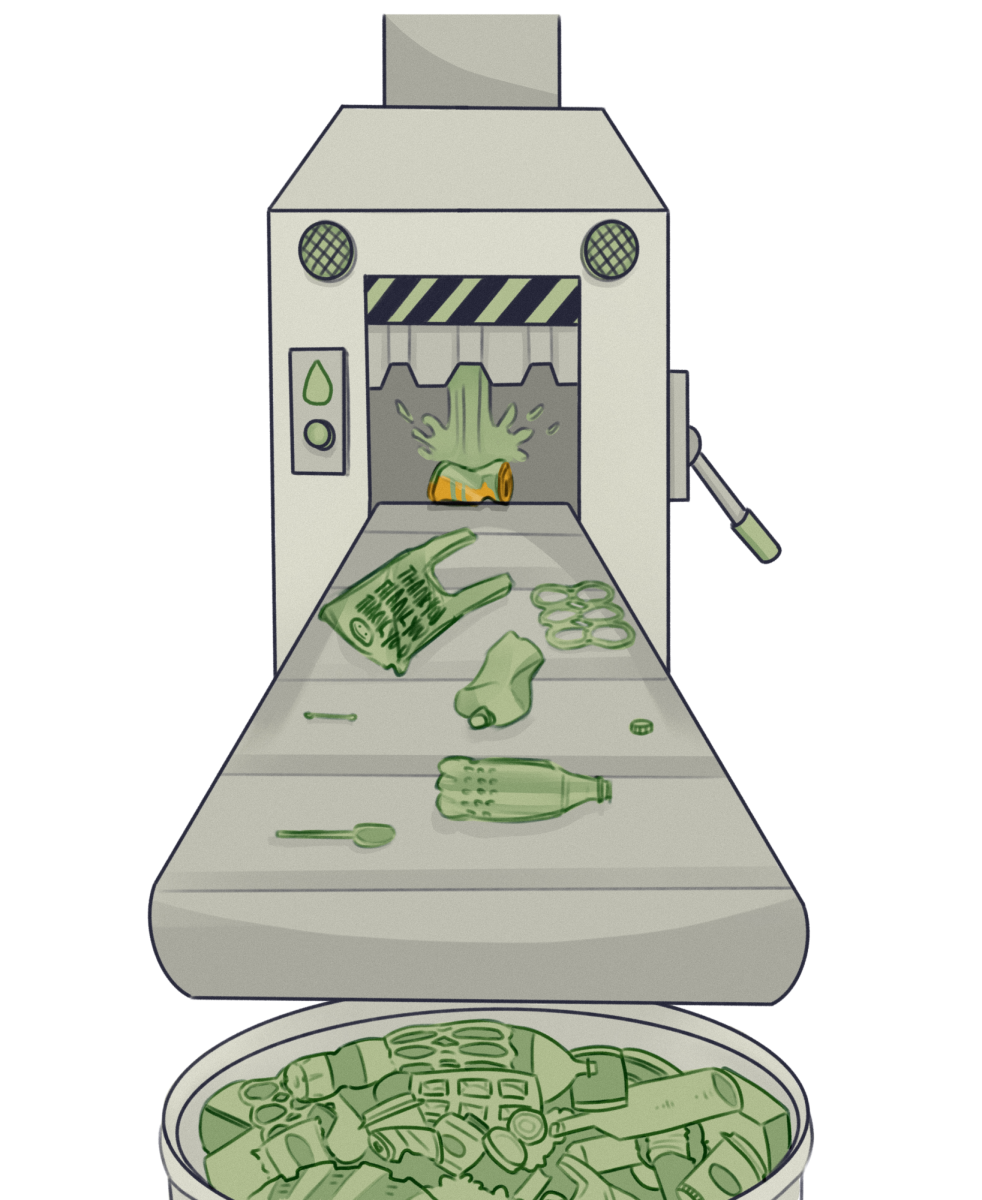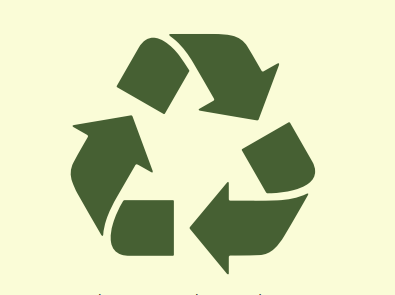In an effort to reduce waste and commit to ethical purchasing, some consumers are extra careful when choosing what to spend their money on, but this can be challenging when companies advertise products as “green” or “eco-friendly” when they aren’t.
This misrepresentation is referred to as greenwashing.
Greenwashing occurs “when a company portrays their product as being more environmentally friendly than it is, or less environmentally impactful than it is,” said Shawn Hazboun, an assistant professor of public policy at Oregon State University.
Companies’ lack of transparency can be puzzling to consumers when deciding what to purchase.
“It is really confusing to try to figure out what makes a product sustainable,” said Inara Scott, professor and senior associate in the college of business at OSU.
This lack of clarity can be overwhelming for consumers who want to make sustainable choices but aren’t given the proper information by companies.
“I would love it if companies were just easily answering these questions for us,” Scott said.
Scott pointed out that it’s not always realistic for us to expect manufacturers to answer all of our questions about product sustainability levels because there aren’t always easy answers. But we can hope that they are giving us accurate information and to not mislead us so we can make an informed decision.
Hazboun said that this lack of transparency can be harmful not only to the environment, but also to the people who are purchasing and consuming those products.
“Because if we’re supposed to vote with our dollars, and we don’t have the correct information to do that, then we can’t actually be effective in the way that we think we’re being or that we want to be,” Hazboun said.
According to Hazboun, industries with more competition tend to greenwash more frequently. Since there are more options for consumers to choose from, companies use greenwashing as a strategy to appeal to those who care about sustainability.
For some, it’s important to go the extra step to make ethical choices when it comes purchasing and consuming.
“(I’m) trying to reduce my impact on the environment and reduce that harm that we’re doing,” said Sophia Nowers, a third-year agricultural sciences major.
Nowers shops at thrift stores and bikes to campus most days. She also buys produce from the Corvallis Farmers’ Market to support local farmers and reduce her carbon footprint.
Hazboun said she buys organic produce and a lot of her clothes second hand.
But there are times where we are guilty of choosing what is convenient rather than what is good for the environment, like buying from websites like Amazon.
Hazboun believes one way to limit greenwashing is to require companies like Amazon to carefully label products that are environmentally friendly in their descriptions.
Another way to avoid buying greenwashed products is to carefully look at a product’s labels and look for third party certifications to verify if those are legitimate.
“That’s part of what you have to do as a consumer,” Scott said. “You have to actually be a little skeptical of the claim and just do a little bit of work. Particularly if this is a purchase that you make a lot or if this is a company that you find yourself supporting a lot. There is more that you can do to dig in to find out more.”
Nowers said consumers need to think critically about the step-by-step process of how a product came to be.
“Think about every step in a product’s lifecycle,” Nowers said. “Where was it produced originally? What are the raw materials? How are they transformed into whatever you’re purchasing and how do they get to you? What are all the steps in that process?”
The goal should be to make all of these steps as short as possible, especially when it comes to transportation.
Hazboun highlighted the role that the government and policies play in greenwashing.
“At some point, you got to have laws about what people can and can’t say about (products),” said Hazboun.
According to Hazboun, it’s important that we make our goals clear if we want to rethink our purchasing habits.
“If people say ‘I want to buy more sustainable products,’ what does that actually mean?” Hazboun said. “And then how can we hold companies to that? ‘Sustainable’ might just mean, it’s the same damn product you always buy, but the company is now investing 1% of their sales into a sustainable (cause), like a solar farm. Does that make the product sustainable?”
Sustainability, as a concept, is a lot more complicated than we think. Hazboun discusses this in the classes she teaches, like SOC381: Social Dimensions of sustainability.
“There is a whole social science to sustainability,” Hazboun said. “It’s not all about environmental impact.”





















